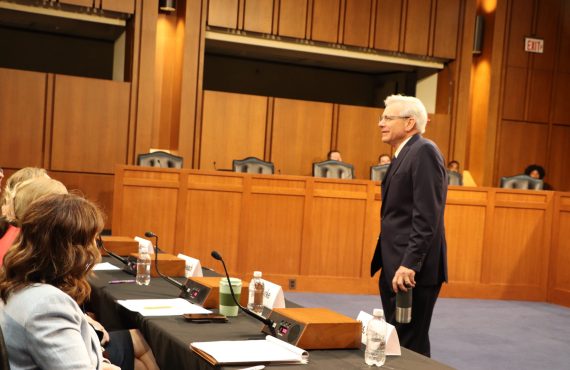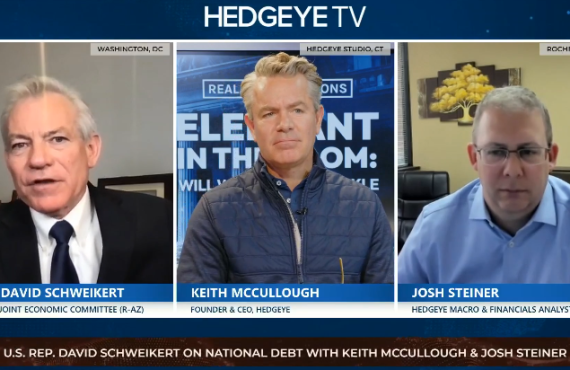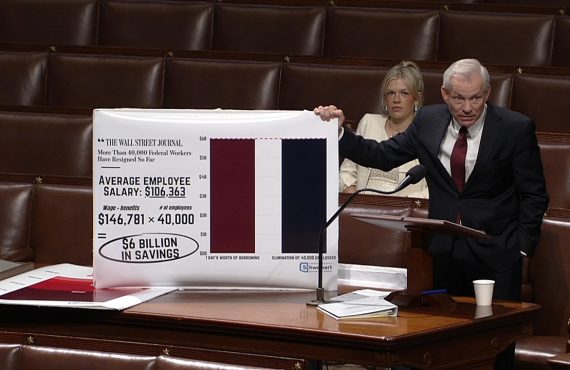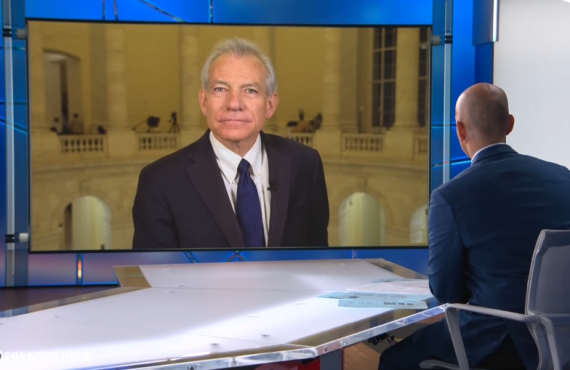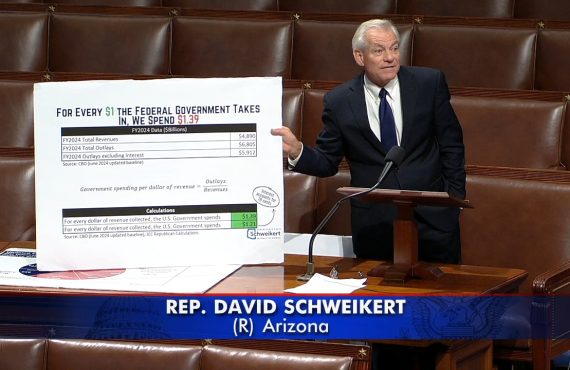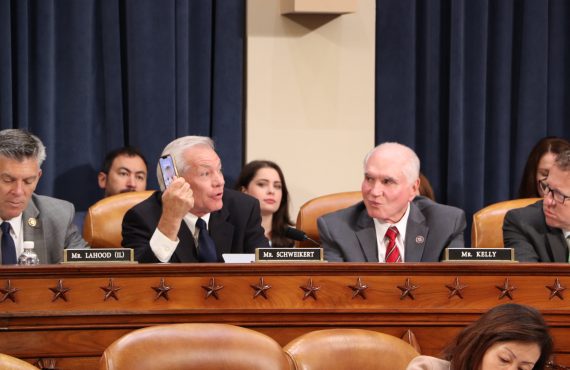Cato influences JEC’s clear-eyed assessment of America’s fiscal situation The Republican section of the 2025 Joint Economic Committee (JEC) report presents a…
The Affordable Care Act has confused an already complex and wasteful healthcare system. Americans need more choices and a competitive insurance marketplace, not mandates. We all want a system where people are treated fairly and given the support they need to remain healthy. We want those who become ill to receive the best care possible and care that is affordable.
In 2016, Arizona had eight health insurers offering plans on the Obamacare exchanges. By the end of the year, four insurers had entirely exited the market, leaving many uninsured or unable to afford coverage altogether. The fact is Obamacare devastated Arizona’s insurance market instead of allowing for increased competition, innovation, and access.
Imposing mandates on individuals and businesses while taxing procedures, payment plans to doctors, and everyday medical devices is not a recipe for improved healthcare access, affordability or quality. Improving healthcare for every American starts by improving access to information so consumers can truly understand and compare the cost of care.
We in Congress must do everything we can to help working families and individuals obtain better access to affordable health insurance. The Affordable Care Act confused an already complex and wasteful health care system. I believe every American should have full control of their health care, not bureaucrats in Washington, D.C. It is my goal to improve care for every American by expanding access to information so consumers can truly understand and compare the cost of care, while fostering a system that makes the price of health care transparent and supports competition to control costs. The resources below highlight a few of my concerns with the Affordable Care Act and the current state of the health insurance market:
– Kaiser Family Foundation | 2017 Premium Changes and Insurer Participation in the Affordable Care Act’s Health Insurance Marketplaces
…the largest increases in the unsubsidized second-lowest silver plan were Phoenix, AZ (up 145% from $207 to $507 per month for a 40-year-old non-smoker), Birmingham, AL (up 71% from $288 to $492) and Oklahoma City, OK (up 67% from $295 to $493).
Kaiser Family Foundation
– American Action Forum | Update: Obamacare’s Impact on Small Business Wages and Employment
We found that since the ACA became law, among small businesses, the rise in premiums has been associated with $19 billion in lost wages, 10,130 fewer business establishments, and nearly 300,000 lost jobs, with seven states losing more than 10,000 jobs, all results consistent with our previous research. Given the premium spikes in some states, 17 percent to 47 percent, it is not difficult to understand how the labor market reacts to the significant increase in health care costs. In fact, regulators predicted many of these increases when they first implemented the law.
Ben Gitis, Sam Batkins 2017
What I’m Fighting For:
Health care is personal, but it’s easy for decision makers in Washington, D.C. to forget that, even during the best-intentioned discussions. I am eager to continue working with my colleagues in a bipartisan manner to make it easier for Arizonans to receive the care they need and deserve. That is why I’m fighting to lower out-of-pocket costs and premiums, increase the adoption of innovative technology, support critical medical research, improve cost transparency, and move towards more value-based care that prioritizes outcomes over volume.
As the lead Republican of the House Telehealth Caucus, I am proud to fight for policies that promote the adoption of telehealth that meets the needs of patients and providers. My colleagues and I passed my legislation during the COVID-19 pandemic to expand access to telehealth services, and now we are continuing to work to make those policies permanent going forward. Telehealth has proven to be valuable regardless of where one lives and should continue to play a role in our health care ecosystem. Our system depends on constant innovation that equips medical professionals and their patents with the tools they need to heal, I will fight for them.
I am also committed to protecting those with pre-existing conditions. An individual should never be denied coverage or be unable to afford their health care because of their condition(s). I remain steadfast in my support for guaranteed issue and pre-existing coverage protections. This includes advocating for other innovative solutions such as high-risk pools and plan portability.
The Future of Care:
In this past year, we have seen the incredible achievements made in medical research and innovation. The work being done by the scientific community has the potential to dramatically change the lives of patients and their families, and there has never been a time with more cause for optimism. I work every day in Washington D.C. to share these stories of great opportunity.
We must continue fighting for policies that help develop the next mRNA vaccine, cancer treatment, chronic disease management tool, medication adherence technology, remote patient monitoring, and other innovative resources to create a healthier society. Our very own state is becoming a worldwide leader in medical innovation, and we must ensure that our policies protect that innovation. Technology disruptions in health care will help us proactively manage our health, improve care delivery, and rein in out-of-control healthcare expenses in our country. Our demographics demand we get creative in how we deliver care – I am committed to being part of the solution.
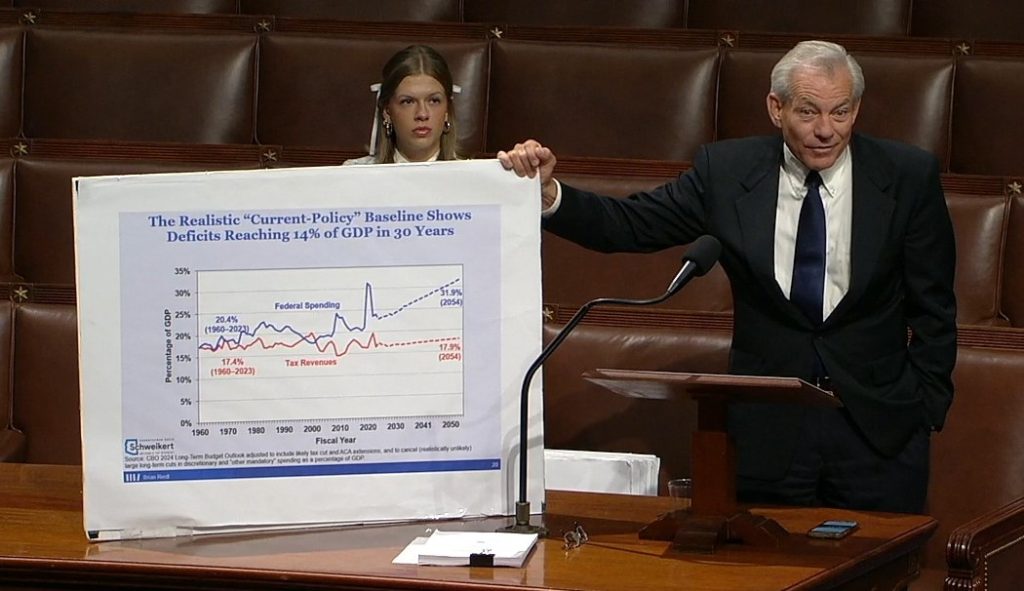
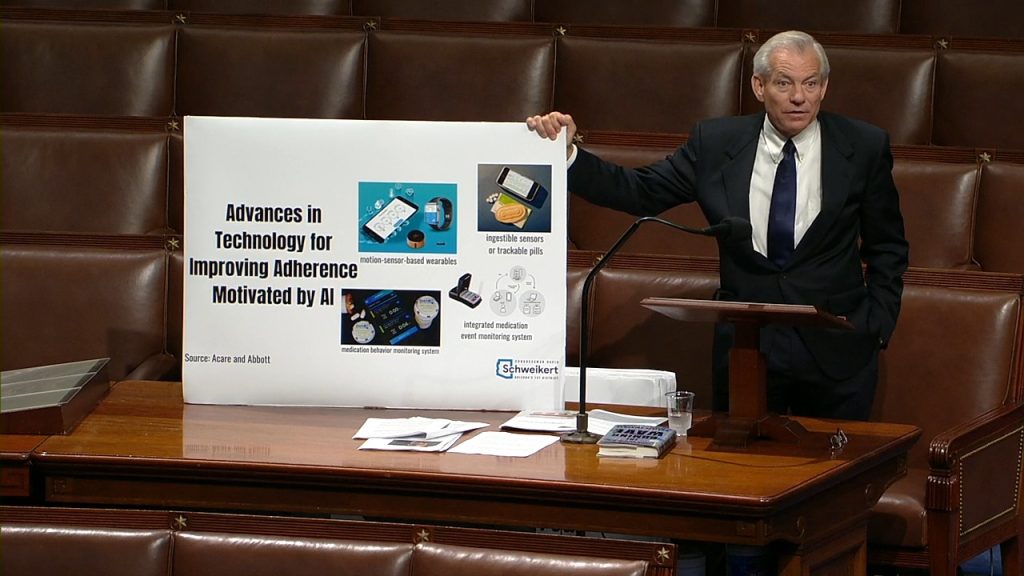

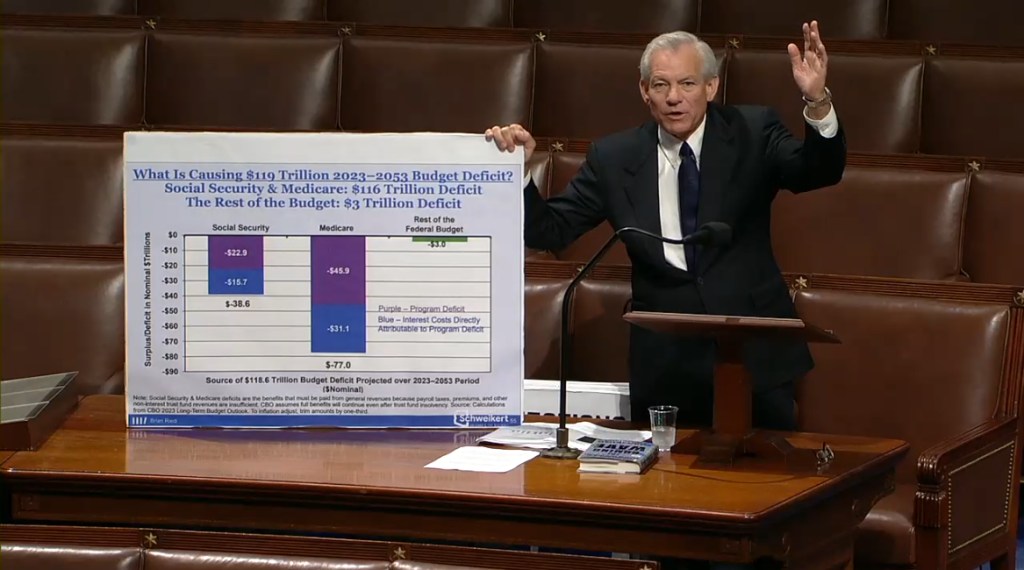
I am fighting for reforms that improve affordability and provide flexibility, not ones that impose mandates. I support putting our health care back on a sustainable path that will serve us today and for generations to come.
What I’m Reading:
How COVID-19 Technology May Help Fight Cancer in the Near Future
Beyond COVID, The Future Of MRNA Is Bright
Telehealth:
Medicare and Telehealth: Coverage and Use During the COVID-19 Pandemic and Options for the Future
Medication Adherence:
Cost of Prescription Drug-Related Morbidity and Mortality.
Technology:
Google Strikes Deal With Hospital Chain to Develop Healthcare Algorithms
Study To See If Apple Watch & iPhone Can Predict Illnesses Like COVID-19
Forbes Insights – AI And Healthcare: A Giant Opportunity
This AI Could Help Wipe Out Colon Cancer
Kaiser Family Foundation – How do health expenditures vary across the population?



